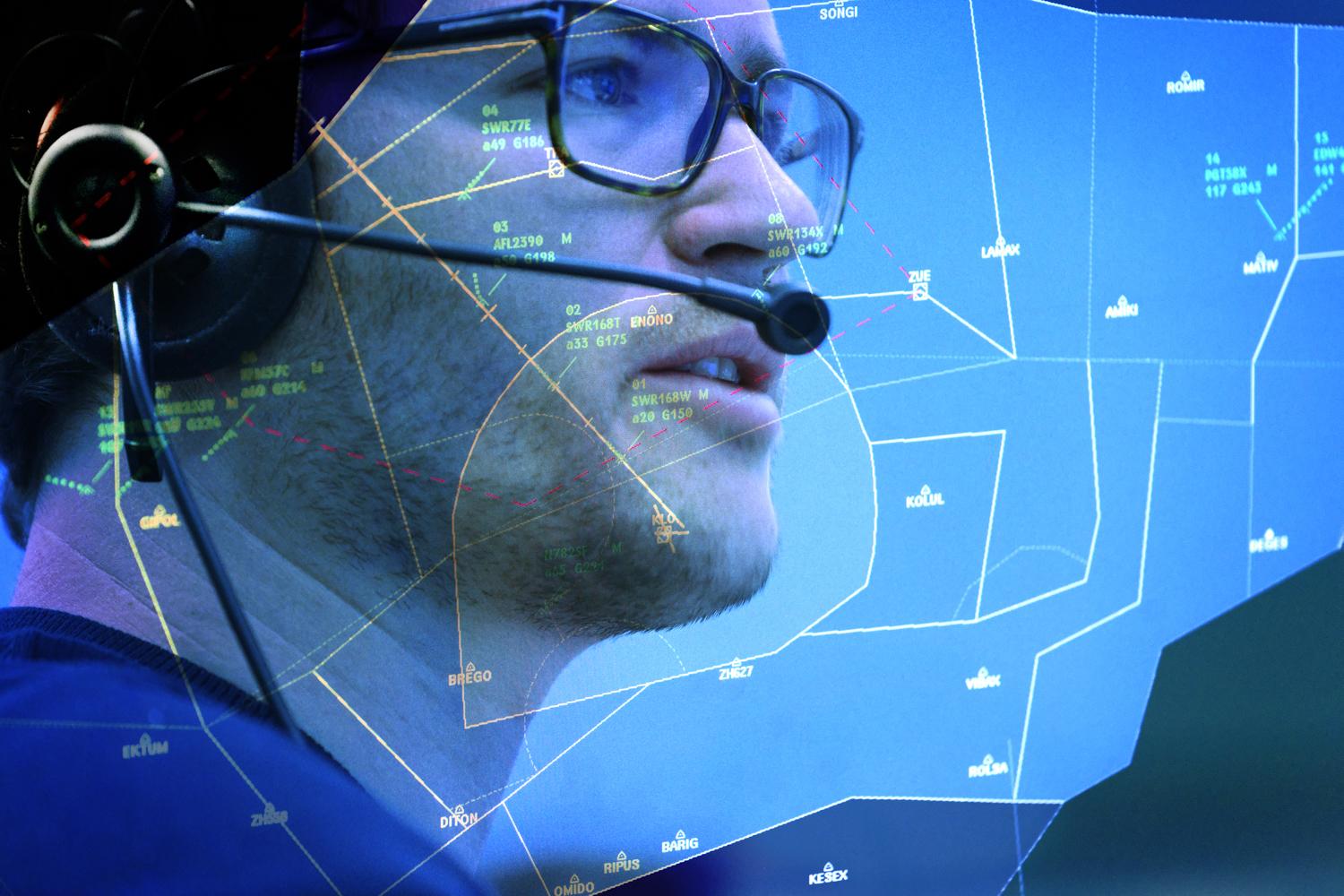
Eurocontrol and partners including Airbus, IATA and Thales have issued a report aimed at helping advance the use of artificial intelligence (AI) in aviation and especially air traffic management (ATM).
Work started after Eurocontrol—the agency in charge of ATM in Europe—hosted its inaugural conference on AI in May 2019, when the European Aviation High Level Group on AI was created. The goal of the “Fly AI” report is “to advance understanding among aviation and ATM actors of AI and its potential, to ‘demystify AI’ and to help accelerate its uptake in aviation.”
According to the report, aviation and ATM are ideally placed to take full advantage of AI because of the large data flows they generate.
The document emphasizes that AI has huge potential for use in areas where it can “reduce human workload or increase human capabilities in complex scenarios.” Personnel such as air traffic controllers, pilots, airport operators and cyber security officers could therefore benefit. AI can also play a fundamental role as new users, such as drone operators, seek to enter the airspace.
Functions for AI will include predictions, conflict detection, traffic advisory and resolution tools, the report says. It is expected to “enhance the use of scarce resources” such as airspace, runways and staff.
The report includes an action plan. This recommends work begin on a federated AI infrastructure and more AI research and development in “safety, cyber, safety-critical and non-safety-critical operations.” The plan also calls for fostering the emergence of an “AI culture” through training and upskilling of staff across enterprises and more partnerships with other industrial sectors.
“With European aviation facing growing pressure to reduce its environmental impact, as well as persistent capacity bottlenecks, we need more sophisticated changes on the ground and in the air, and quickly ... AI can be a key ally in pursuit of this goal,” European Commissioner for Transport Adina Vălean said. She noted “ethical principles” should be adhered to.
Eurocontrol’s director general Eamonn Brennan said: “By joining forces, we will be in a position to demystify and accelerate AI development ... for the benefit of the whole community and the European Network in particular.”
Eurocontrol collaborated on the report with the European Commission, airports association ACI-Europe, Airbus, industry group ASD, air navigation association CANSO, Heathrow Airport, Honeywell, IATA, air traffic controller federation IFATCA, the International Federation of Air Traffic Safety Electronics Associations, the SESAR Joint Undertaking and Thales, as well as military partners the European Defense Agency and NATO.
In late 2019, Eurocontrol said early trials of AI technology had yielded gains of between 20-30% in terms of predictability and efficiency in flight planning, flow management, safety assessment and conflict prediction. Progress hinges on shared data, however. Talks with air transport players are underway for Eurocontrol to share data collected by aircraft and at airports.
EASA released in February the first edition of its “AI Roadmap,” a document that begins to answer the OEMs’ questions on how to certify an AI-based system.
